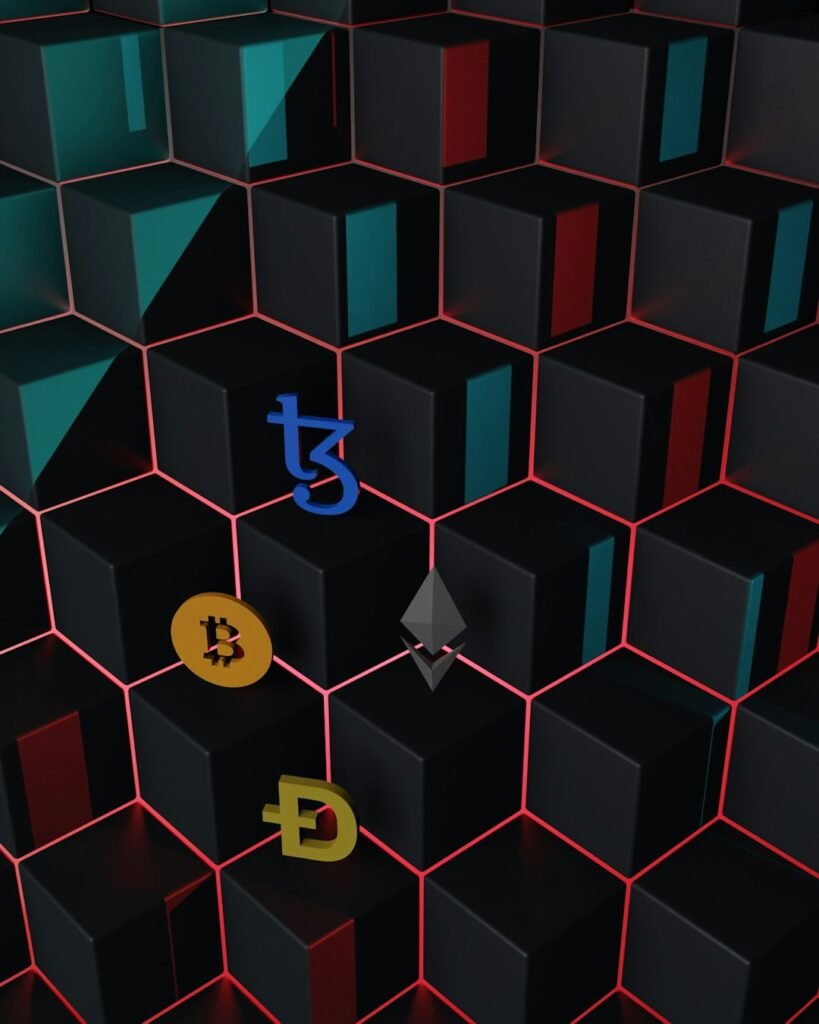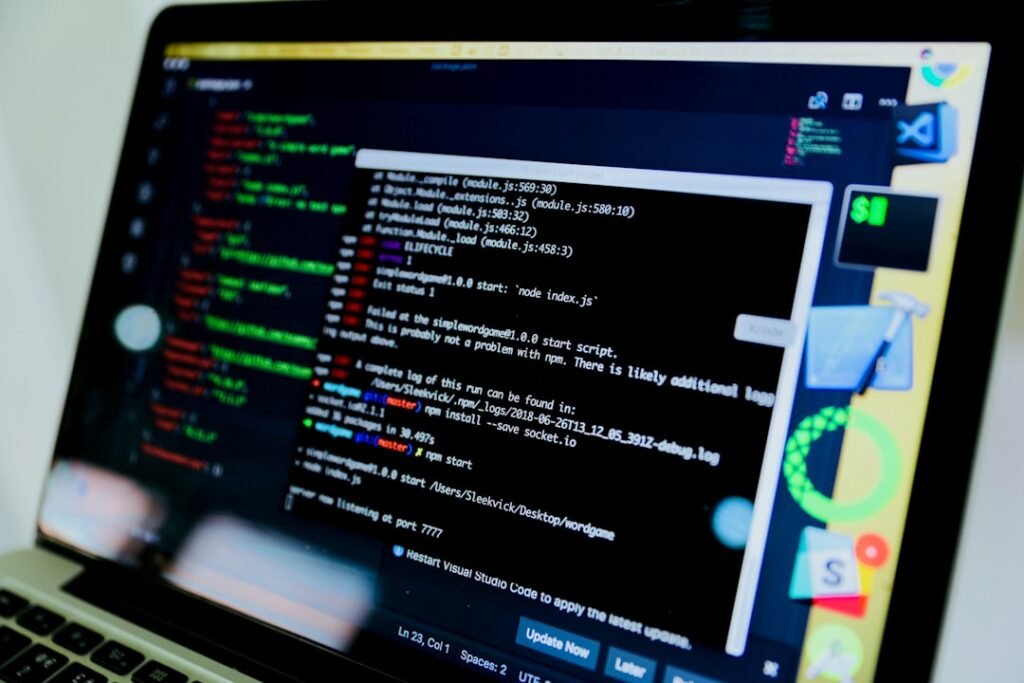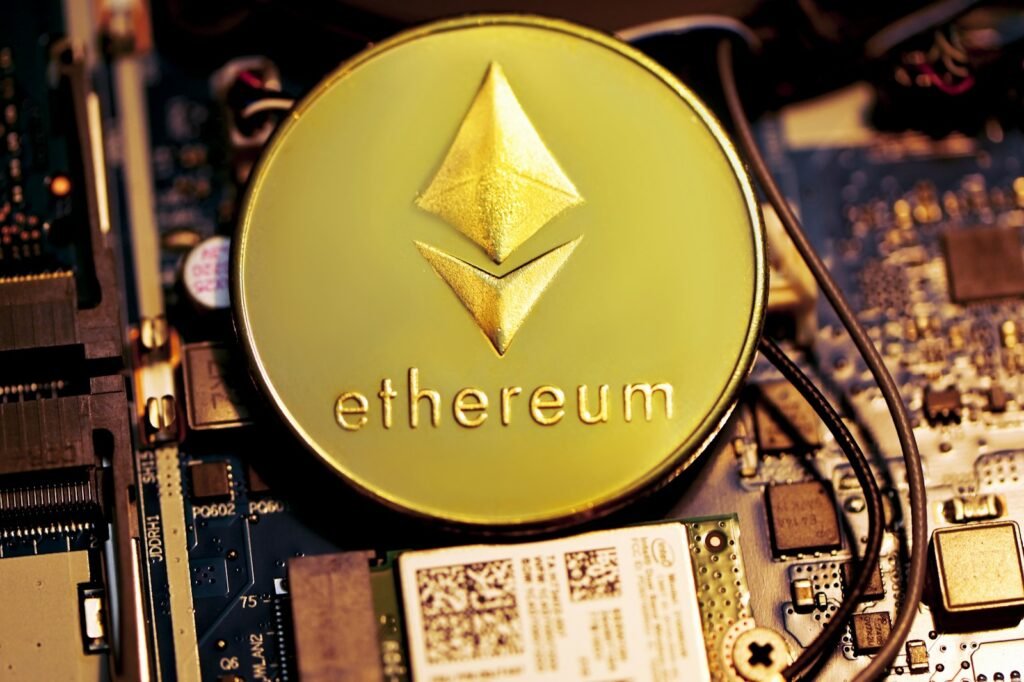# Crypto Deposits Decoded: Bank Transfer, Card, or Third-Party? Your Guide to Funding Safely
Funding your cryptocurrency account is the critical first step to entering the digital asset space. But with options ranging from traditional bank transfers to modern third-party processors, how do you choose the right method? This guide breaks down the deposit landscape, empowering you to fund your account confidently and securely.
## Why Your Deposit Method Matters More Than You Think
Depositing funds isn't just about adding money to your account; it’s about:
* **Speed to Market:** Some methods clear in minutes, others take days. Your trading opportunity won’t wait.
* **Cost Efficiency:** Fees vary wildly. Choosing wrong can eat into your investment before you even start.
* **Security & Compliance:** Reputable platforms enforce strict protocols tied to specific deposit channels, safeguarding your assets.
* **Accessibility:** Not all methods are available globally. Your location dictates your options.
Ignoring these factors can lead to delayed trades, unexpected costs, or even failed transactions. Let’s demystify the core deposit avenues.
---
### 1. Bank Transfers: The Traditional Workhorse (But Mind the Details)
Bank transfers remain the most common and often most reliable way to deposit significant sums onto crypto exchanges like Kraken. However, "bank transfer" isn't a single method. Key types include:
* **SEPA / SEPA Instant (EUR):** The go-to for Eurozone residents. Offers relatively fast (often same-day or next-day) and typically low-cost transfers within the Single Euro Payments Area.
* **SWIFT (Multiple Currencies):** Used for international transfers, especially outside specific zones like SEPA. Generally slower (2-5 business days) and involves higher fees from both *your* bank and potentially intermediary banks.
* **Domestic Wire (e.g., US ACH, UK Faster Payments):** Country-specific systems offering faster and cheaper transfers within the same nation. Availability depends on the exchange and your location.
**Critical Bank Transfer Rules You CANNOT Ignore:**
* **Currency Match is Mandatory:** This is non-negotiable. Sending EUR? You **MUST** use an EUR deposit method (e.g., SEPA, SEPA Instant, EUR SWIFT). Sending USD? Use a USD method. Sending currency X to a method designated for currency Y will result in:
* The transfer being rejected/returned.
* Significant delays (weeks).
* Deduction of substantial return fees by banking partners, potentially eating into your principal.
* **Exchange Fees vs. Your Bank Fees:** Exchanges like Kraken clearly state their deposit fees (often minimal or zero for methods like SEPA). **Crucially, these do NOT include any fees charged by *your* bank for sending the transfer.** Always check your bank's outgoing wire costs.
* **No Checks, No Cash:** Explicitly highlighted by major platforms: **Do NOT mail physical checks or cash** to an exchange's bank addresses. Checks will be destroyed, and cash deposits are unsupported and unsafe.
**Pros:**
* High deposit limits suitable for larger investments.
* Generally secure through established banking networks.
* Often lower direct exchange fees (especially SEPA/domestic transfers).
**Cons:**
* Slowest method (except instant variants).
* Potential for high sender bank fees (especially SWIFT).
* Strict currency matching requirements.
* Requires full platform verification (KYC).
---
### 2. Credit/Debit Cards & Third-Party Payments: Speed at a Cost
For those prioritizing instant access, cards and third-party processors offer near-instant funding. This is often labeled "Buy Crypto Instantly" or similar on platforms.
* **Credit/Debit Cards:** Directly link your Visa/Mastercard. Transactions are processed almost immediately.
* **Third-Party Payment Processors:** Services like PayPal (where supported), or region-specific apps (e.g., Sofort, iDEAL, Bancontact) act as intermediaries. You pay them, and they convert and transfer funds to the exchange swiftly.
* **In-Person Cash/Debit (Specific Regions):** As noted, verified Canadian Kraken users can deposit CAD cash/debit via Canada Post locations.
**The Instant Access Trade-Offs:**
* **Higher Fees:** Speed and convenience come at a premium. Expect significantly higher fees (often 3-5% or more) compared to bank transfers.
* **Strict Availability:** These methods are **highly dependent on your country of residence and verification level.** Not available everywhere.
* **Lower Limits:** Instant purchase/deposit limits are usually much lower than bank transfer limits.
* **Potential for Cash Advance Fees (Credit Cards):** Using a *credit* card might be treated as a cash advance by your issuer, incurring immediate interest and fees. Debit cards avoid this.
**Pros:**
* Near-instant deposit and ability to trade/buy crypto immediately.
* Convenience of using familiar payment methods.
**Cons:**
* Substantially higher transaction fees.
* Lower deposit limits.
* Geographic and verification restrictions.
* Cash advance risks with credit cards.
---
### 3. Platform-Specific Transfers: The "Kraken Pay" Example
Some exchanges offer unique internal transfer networks. Kraken Pay is a prime example:
* **What it is:** A free, instant way to send funds directly between Kraken accounts.
* **How it Works:** Similar to sending crypto, but for fiat. Initiate a transfer within your Kraken account to another user's verified Kraken email or account ID.
* **Benefits:**
* **Zero Fees:** Kraken charges nothing for these transfers.
* **Instant:** Funds arrive in the recipient's Kraken account immediately.
* **Convenient:** No need for external bank details.
* **Limitation:** Only works for moving funds *between existing Kraken accounts*. Not for depositing from external banks or cards.
This method highlights how exchanges are building internal ecosystems for faster, cheaper user-to-user value transfer.
---
## Beyond the Method: Universal Deposit Rules & Warnings
Regardless of how you deposit, these golden rules apply universally:
1. **Verification is Key:** Full Know Your Customer (KYC) verification is almost always mandatory before depositing. Submit required ID promptly.
2. **Triple-Check Details:**
* **Recipient Details:** Use ONLY the exact account name, account number, reference code/Narrative, and SWIFT/BIC provided by the exchange *for your specific deposit method and currency*.
* **Currency Match:** Reiterating – sending USD to an EUR account (or vice versa) is a costly mistake.
3. **Network Fees Are Real (For Crypto Deposits):** While this article focuses on fiat deposits, remember: **Sending crypto *to* your exchange wallet incurs blockchain network fees** paid by the sender. Fiat deposits may have exchange fees.
4. **Beware of "Deposit Address" Changes:** Fiat deposits use traditional banking details (IBAN, Acc #, Routing #). Cryptocurrency deposits use unique wallet addresses. **Never send fiat (USD, EUR) to a crypto wallet address, or crypto to a bank account.** The funds will likely be lost.
5. **Source of Funds Matters:** Exchanges monitor deposits. Be prepared to explain large incoming transfers if asked (part of Anti-Money Laundering protocols).
6. **Platform Info is Supreme:** Deposit options, supported currencies, fees, and processing times **can change without notice.** **Always check the official "Funding" or "Deposit" section within your exchange account for the absolute latest, accurate instructions before initiating any transfer.** Relying solely on external articles (even this one!) risks using outdated info.
---
## The Perils of Getting It Wrong: Real Consequences
Ignoring deposit protocols isn't just inconvenient; it can be expensive and time-consuming:
* **Mismatched Currency:** As emphasized repeatedly, this leads to rejection, hefty return fees deducted from your principal, and delays of weeks.
* **Missing/Incorrect Reference:** Bank transfers without the unique reference code provided by the exchange may not be credited to your account automatically, requiring manual tracing and causing significant delays.
* **Sending to Wrong Address/Network (Crypto):** Sending crypto to an unsupported network (e.g., sending ETH via the Bitcoin network) or a mistyped address results in **permanent loss of funds.** There is no reversal.
* **Using Unsupported Methods (Checks/Cash):** Wasted time, destroyed checks, and potential security risks handling cash.
---
## Choosing Your Best Path: A Quick Decision Guide
* **Priority = Low Cost & Large Amount?** ➔ **Bank Transfer (SEPA/Domestic if available).** Accept the wait, enjoy lower fees. Double-check currency match!
* **Priority = Speed & Convenience for Smaller Amounts?** ➔ **Credit/Debit Card or Third-Party Processor (if available in your region).** Accept the higher fee for instant access.
* **Sending Funds to Another User on the Same Exchange?** ➔ **Use Platform-Specific Transfer (e.g., Kraken Pay).** Free and instant.
* **In Canada and Prefer Cash?** ➔ **Verified users can leverage In-Person Cash/Debit via Canada Post (Kraken).**
**Always confirm current options directly on your exchange's deposit page before acting.**
---
## Deposit Smart, Trade Smarter
Understanding cryptocurrency deposit methods isn't just procedural; it's foundational to a smooth and secure trading experience. By respecting the critical rules—especially currency matching and using platform-provided details—and choosing the method that aligns with your needs for speed, cost, and amount, you lay the groundwork for successful participation in the digital asset economy. The responsibility for accurate deposits lies with the user; arm yourself with knowledge and proceed with caution. Your crypto journey starts with that first deposit – make it count.












